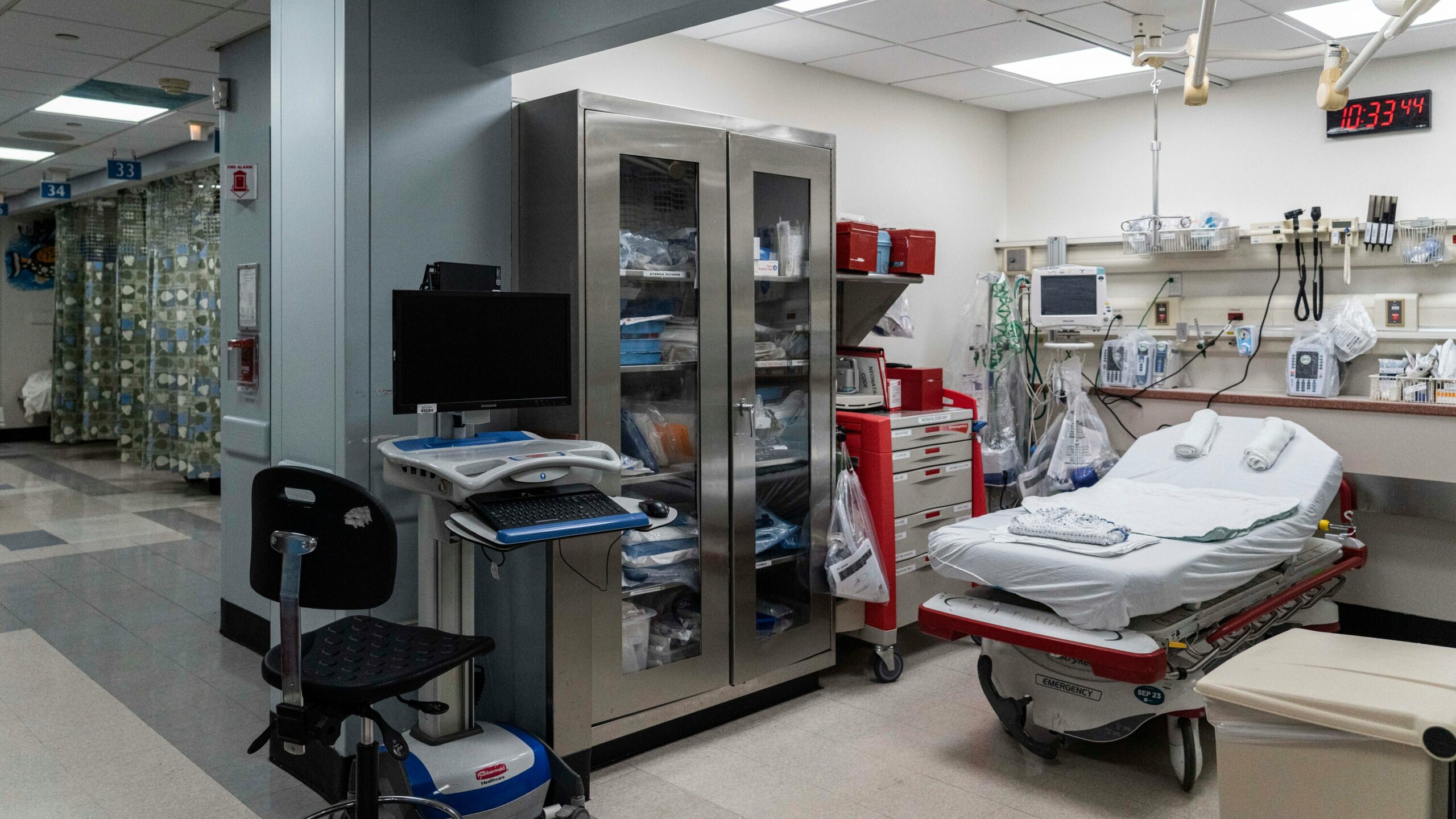
Hospital billing and charges are the fees patients are required to pay for the medical services they receive during their hospital stay. Understanding the billing process is crucial for patients to make informed decisions about their healthcare and avoid unexpected financial burdens.
This article aims to provide an overview of hospital billing and charges, including the different components of a hospital bill, common billing practices, and tips to navigate the complex world of healthcare costs. By gaining a better understanding of hospital billing and charges, patients can take control of their financial obligations and ensure they receive the necessary care without breaking the bank.

Credit: www.amazon.com
Understanding Hospital Billing
Understanding hospital billing is essential for patients to navigate the complex process. Hospital billing involves different types of charges, including those for medical services, supplies, and medications. It is crucial to comprehend the key players involved in hospital billing, such as healthcare providers, insurance companies, and patients themselves.
These players play significant roles in determining the final billing amounts, negotiating payment terms, and processing insurance claims. By understanding the hospital billing process and the various charges associated with it, patients can make informed decisions regarding their healthcare expenses.
By educating themselves about the intricacies of hospital billing, individuals can better manage their finances and ensure they receive the necessary medical care without encountering unexpected financial burdens.
Common Hidden Secrets In Hospital Billing
Hospital billing and charges can often hide secrets that patients are unaware of. One common tactic is overcharging, where medical facilities inflate prices. Another secret is the presence of unexplained charges on your hospital bill. These can leave patients confused about why they are being billed for certain services.
Hidden fees and penalties are another aspect of hospital billing that patients may not be aware of. These additional costs can add up significantly, leaving patients with unexpected financial burdens. It’s important for patients to carefully review their hospital bills and address any concerns or discrepancies with the billing department.
By being proactive and knowledgeable, patients can better navigate the complex world of hospital billing and avoid unnecessary expenses.
Tips For Managing Hospital Charges
Managing hospital charges can be a challenging task, but there are tips and strategies to help navigate this complex process. Understanding your insurance coverage is crucial, as it will determine what expenses are covered and what you are responsible for.
In case you come across incorrect charges on your bill, it’s important to know how to dispute them effectively. Don’t hesitate to reach out to the hospital’s billing department and provide any necessary documentation to support your case. Additionally, exploring financial assistance programs and payment plans may provide relief from high medical bills.
Negotiating with the hospital for lower charges is also worth considering. By staying informed and proactive, you can successfully manage your hospital charges and avoid unnecessary financial burden.
Conclusion
Understanding hospital billing and charges can be a complex and overwhelming process. However, by staying informed and asking the right questions, patients can navigate this system more effectively. It is important to take the time to review all medical bills, ensuring that they are accurate and that the services rendered match the charges.
Negotiating with healthcare providers and exploring options for financial assistance can also help manage these costs. Utilizing resources such as insurance, payment plans, and medical billing advocates can provide additional support in dealing with hospital billing. By being proactive and informed, patients can minimize stress and financial burdens associated with hospital bills.
Remember, it is essential to advocate for yourself and seek clarification whenever necessary. The key is to stay informed and not hesitate in seeking help when needed.









